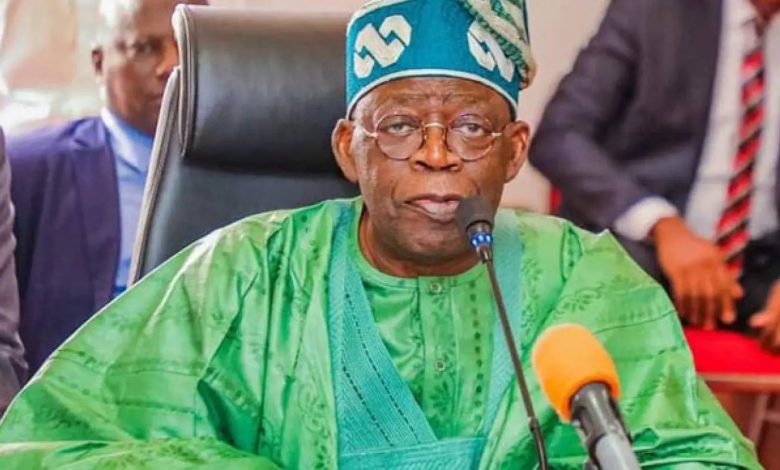Finance & EconomyNews
Nigeria’s Total External Debt Rose to US$42.50bn as of December 31, 2023

The most recent update from the Debt Management Office (DMO) on Nigeria’s public debt shows that the FGN’s total external debt obligations increased by US$900.6m (+2% q/q) to US$42.5bn in Q4 ’23. Compared to the previous quarter, the smaller rise in the external debt stock in Q4 was mainly due to an increase of US$863.6m from the World Bank Group. Based on standardised metrics, the total external debt equals c.16.6% of 2023 GDP.

- Regarding debt split, the FGN holds 89% of the total external debt, while the balance of US$4.6bn is debt owed by state governments to multilateral and bilateral lenders, which the FGN guarantees.
- Debt obligations to multilateral lenders increased by a modest +3% q/q to about US$21.2bn, primarily due to a 6% q/q rise in loans owed to the World Bank Group.
- Due to an increase of US$516.9m q/q in loans from China, external borrowings from bilateral lenders rose by 7% q/q to US$6.0bn in Q4.
- Meanwhile, debt owed to commercial lenders remained flat q/q at US$15.1bn, reflecting more arduous global credit conditions in the international capital market.
- The 2024 budget projects a fiscal deficit of N9.2trn, which is to be partly financed by external borrowings of about N1.8trn (c.US$1.6bn).
- Regarding global monetary policy, the US Federal Reserve projections for a 75bps interest rate cut this year appear to have been dampened by downward sticky inflationary pressures and the continued resilience of the US economy.
- However, we expect the European Central Bank (ECB) and Bank of England (BOE) to reassess their monetary stances this year in alignment with the Swiss National Bank (SNB).
- As a result, we anticipate less restrictive conditions on the international capital market for the FGN to seek new loans this year, compared to the stringent conditions observed in 2023.




